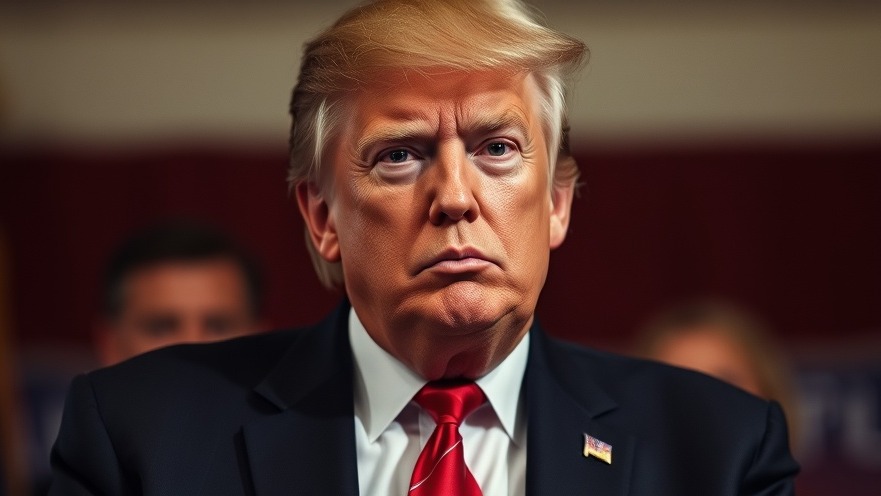
The DOJ's New Focus on Noncitizens: A Controversial Push for Election Integrity
Recently, the Department of Justice (DOJ) unveiled an intensified initiative targeting noncitizens on the voter rolls. This move, spearheaded under the Trump administration's broader election integrity efforts, has sparked a heated national debate. Proponents argue that it is vital for maintaining the integrity of the electoral process, while opponents warn of potential disenfranchisement and discrimination against legitimate voters.
Why This Matters: The Implications of Targeting Noncitizens
The motivation behind this new directive stems from concerns regarding the accuracy of voter rolls across the United States. The DOJ's Civil Rights Division plans to scrutinize voter registration data, specifically looking for entries that may indicate noncitizen status. This initiative is perceived as a response to claims that noncitizens voting in elections undermine the legitimacy of outcomes. However, the validity of such claims has been contested, with numerous studies indicating that instances of voter fraud in the United States are exceedingly rare.
Legal and Ethical Concerns Surrounding the Initiative
As the DOJ ramps up its scrutiny, civil rights advocates are increasingly concerned about the implications of this policy for voter access. Critics argue that targeting noncitizens could disproportionately affect minorities and individuals from immigrant backgrounds, possibly deterring them from participating in the electoral process due to fear of repercussions. The balance between ensuring election integrity and protecting the rights of voters is at the forefront of discussions among policymakers and community leaders.
A Historical Perspective: Voter Restrictions in the US
This initiative is not the first time voter access has been challenged in America. Historically, various tactics have been employed to restrict voters, often targeting specific demographic groups. From poll taxes to literacy tests, the objective historically has been to reduce the electorate. This proposed policy resembles earlier efforts and raises questions as to whether it could lead to similar outcomes today. A focus on noncitizens may evoke instances from the past where voter suppression tactics were used under the guise of protecting election integrity.
National Reactions to the DOJ's Decision
The reaction to the DOJ's initiative has been mixed across party lines. Republican leaders have largely expressed support, framing it as a necessary action for transparent voting practices. Conversely, many Democrats and civil rights organizations view it as an overt attempt at voter suppression. The national discourse surrounding this initiative underscores deep divisions within the community regarding how electoral processes should be governed, raising critical questions about fairness and transparency in American democracy.
Future Predictions: The Potential Outcomes of Heightened Scrutiny
As the DOJ's new focus rolls out, the future of voting rights in the U.S. could witness significant shifts. Depending on how this initiative is implemented, it may set a precedent for stricter measures on voter registration and access in the years to come. Observers speculate that this move could either lead to further dismantling of voter access rights or ignite a counter-movement advocating for broader protections and inclusive practices. How elections are conducted in the future may be drastically influenced, changing the landscape of American democracy.
What You Can Do: Engaging in the Conversation
For those concerned about the implications of these evolving policies, staying informed and getting involved in local and national dialogues is crucial. Advocacy groups focused on preserving voting rights are actively working to counter initiatives that they see as detrimental to fair electoral representation. Engaging with these groups and participating in discussions can help ensure that the voices of all voters, regardless of their background, are heard.
As we navigate the complexities of voting rights in the U.S., it’s essential to remain vigilant about the implications of policies implemented by the DOJ. Understanding both sides of this debate and advocating for fair practices can help maintain the integrity of our electoral system.
 Add Element
Add Element  Add Row
Add Row 



Write A Comment